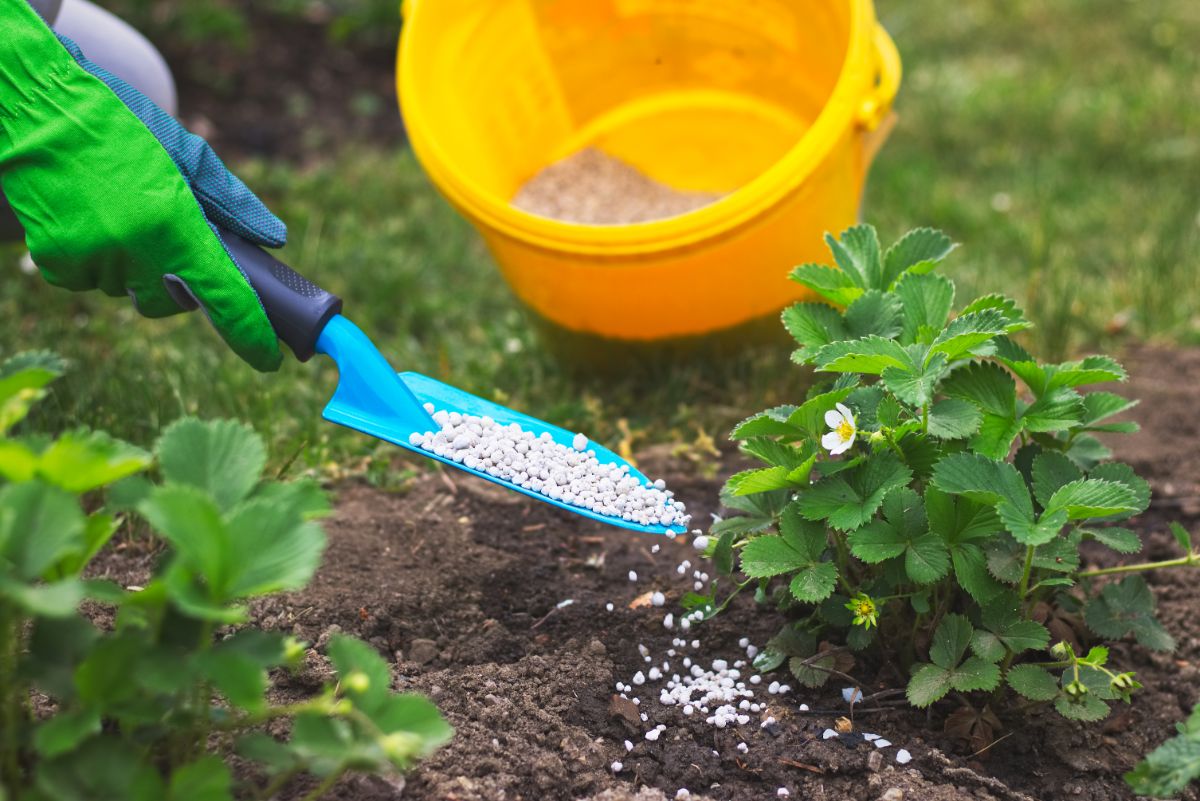

Articles
What Is The Best Fertilizer For Strawberries
Modified: October 28, 2024
Discover the top articles on the best fertilizer for strawberries. Find out which nutrients are essential for cultivating healthy and thriving strawberry plants.
(Many of the links in this article redirect to a specific reviewed product. Your purchase of these products through affiliate links helps to generate commission for Storables.com, at no extra cost. Learn more)
Introduction
Strawberries are a popular and delicious fruit that can be grown in many climates. Whether you have a small backyard garden or a larger farm, cultivating strawberries requires proper care and attention. One important aspect of growing healthy and productive strawberry plants is choosing the right fertilizer. Fertilizers provide essential nutrients to the plants, ensuring their growth, fruit production, and overall health. In this article, we will explore the importance of selecting the best fertilizer for strawberries and discuss the different factors to consider when making this choice.
Choosing the right fertilizer for strawberries is crucial because it directly influences the plant’s growth and fruit quality. By providing the necessary nutrients, a good fertilizer promotes vigorous growth, aids in the production of large and juicy strawberries, and strengthens the plant’s resistance to diseases and pests. Additionally, a well-balanced fertilizer can improve the flavor, color, and shelf life of the harvested strawberries.
Several factors should be taken into account when selecting a fertilizer for strawberries. These include the soil type, nutrient requirements, strawberry variety, and stage of growth. Additionally, considering whether you prefer organic or synthetic fertilizers is another important aspect. Each type has its advantages and drawbacks, so it’s essential to make an informed choice based on your specific needs and preferences. In the following sections, we will delve into the details of each of these factors to help you make the best decision for your strawberry plants.
Organic fertilizers for strawberries are derived from natural sources such as compost, manure, and plant residues. These fertilizers are rich in organic matter and nutrients, providing a slow, steady release of nourishment to the plants. They help improve soil structure, fertility, and moisture-retaining capacity, ensuring long-term sustainability of the strawberry plants. Some popular organic fertilizers for strawberries include composted manure, bone meal, seaweed extracts, and fish emulsions.
Synthetic fertilizers, on the other hand, are chemically manufactured and contain concentrated forms of essential nutrients. They provide an instant supply of nutrients to the strawberry plants, promoting rapid growth and fruit development. Synthetic fertilizers are often formulated with specific ratios of nitrogen (N), phosphorus (P), and potassium (K), known as NPK ratios, which can be tailored to meet the precise nutrient requirements of the strawberry plants at different growth stages. Examples of synthetic fertilizers for strawberries are triple superphosphate, potassium nitrate, and ammonium sulfate.
While both organic and synthetic fertilizers can effectively nourish strawberry plants, the choice ultimately depends on your personal preferences and gardening practices. Some growers prefer organic fertilizers due to their sustainable and environmentally friendly nature, while others opt for synthetic fertilizers for their convenience and precise nutrient control. Whichever type you choose, it is important to follow the recommended application rates and timings to avoid overfertilization, which can be harmful to the plants and the environment.
Now that we have explored the importance of choosing the right fertilizer for strawberries and discussed the different factors to consider when making this choice, we can move on to the best fertilizers available for strawberries. In the following section, we will provide a list of some top-performing fertilizers that are highly recommended for strawberry cultivation. By using these fertilizers, you can ensure the optimal growth, productivity, and flavor of your strawberry plants.
Key Takeaways:
- Choosing the right fertilizer for strawberries is crucial for promoting healthy growth, maximizing fruit production, and enhancing flavor and shelf life. Factors such as soil type, nutrient requirements, and gardening practices should be considered to make an informed decision.
- Organic and synthetic fertilizers offer sustainable and precise options for nourishing strawberry plants. By following recommended application rates and timing, growers can ensure optimal results and bountiful harvests of delicious strawberries.
Read also: 13 Amazing Strawberry Fertilizer for 2025
Importance of Choosing the Right Fertilizer for Strawberries
Growing strawberries can be a rewarding and fulfilling experience. However, to ensure healthy plants and a bountiful harvest, it is crucial to choose the right fertilizer for your strawberry plants. Fertilizers are a vital component in providing the necessary nutrients for plant growth and development. Let’s delve into the importance of selecting the right fertilizer for strawberries.
Enhanced Growth and Fruit Production:
A well-chosen fertilizer can significantly impact the growth and fruit production of your strawberry plants. The nutrients in fertilizers, such as nitrogen, phosphorus, and potassium, play essential roles in plant development. Nitrogen aids in leafy growth and overall plant health, while phosphorus supports root development and strengthens the plant’s ability to absorb nutrients. Potassium contributes to fruit quality and enhances the plant’s resistance to pests and diseases. By providing a balanced combination of these nutrients, the right fertilizer promotes robust growth, leading to larger, juicier, and more abundant strawberries.
Improved Nutrient Availability:
The soil in which strawberries grow may lack certain essential nutrients. Choosing the right fertilizer ensures that these nutrient deficiencies are addressed, providing a proper balance of micronutrients and macronutrients necessary for optimal plant growth. Fertilizers replenish the soil with these vital elements, making them readily available to the strawberry plants. This accessibility ensures that the plants have an adequate supply of nutrients throughout their growth cycle, promoting healthy development and minimizing the risk of nutrient deficiencies.
Enhanced Plant Health and Disease Resistance:
A robust and healthy strawberry plant is better equipped to fend off pests, diseases, and environmental stressors. The proper balance of nutrients provided by the right fertilizer strengthens the plant’s immune system, making it more resistant to common diseases, such as powdery mildew and botrytis fruit rot. Additionally, a well-fed plant is less susceptible to stress caused by fluctuations in temperature, water availability, or other environmental factors. By choosing a fertilizer that supports overall plant health, you can help ensure the longevity and productivity of your strawberry plants.
Improved Flavor and Shelf Life:
Strawberries that receive the optimal nutrients have improved flavor and a longer shelf life. Nutrients, such as potassium, contribute to the development of sugars and antioxidants in the fruit. This leads to sweeter and more flavorful strawberries. Additionally, a well-fed plant produces strawberries that are firmer and less prone to spoilage, extending their shelf life and allowing for longer enjoyment of your harvested crop. Choosing a fertilizer that enhances the flavor and prolongs the storage life of your strawberries is essential for both personal enjoyment and commercial viability.
Environmentally Friendly Options:
Choosing the right fertilizer for strawberries also provides an opportunity to make environmentally conscious decisions. Organic fertilizers, derived from natural sources such as compost and manure, offer a sustainable and eco-friendly alternative to synthetic fertilizers. Organic fertilizers enrich the soil with organic matter, improve its structure, and promote beneficial soil microorganisms. This helps reduce soil erosion, water pollution, and the release of greenhouse gases, leading to a more sustainable and environmentally friendly gardening practice.
In summary, selecting the right fertilizer for your strawberry plants is of utmost importance to promote healthy growth, maximize fruit production, improve plant health and disease resistance, enhance flavor and shelf life, and minimize the environmental impact of your gardening practices. By considering these factors and matching the nutrient requirements of your strawberry plants, you can provide the optimal conditions for them to thrive and yield exceptional harvests of delicious strawberries.
Factors to Consider When Choosing a Fertilizer for Strawberries
Choosing the right fertilizer for your strawberries can have a significant impact on their growth and overall health. To ensure that you provide the best nutrition for your strawberry plants, there are several important factors to consider. Let’s explore these factors in detail.
Soil Type:
The first factor to consider when selecting a fertilizer for strawberries is your soil type. The nutrient composition and pH level of your soil will determine which nutrients are readily available to your plants. Conducting a soil test can help identify any nutrient deficiencies or imbalances. Depending on the results, you can choose a fertilizer that addresses these specific needs, providing the necessary nutrients for healthy plant growth.
Nutrient Requirements:
Understanding the nutrient requirements of your strawberry plants at different stages of growth is crucial. Young plants require more nitrogen for leafy growth and establishment, while mature plants need a balanced combination of nitrogen, phosphorus, and potassium for flower and fruit development. It’s important to choose a fertilizer that contains the appropriate ratio of these nutrients, known as the NPK ratio, to meet the specific needs of your strawberry plants at each stage of their life cycle.
Strawberry Variety:
The variety of strawberry you are growing can also influence your fertilizer selection. Some varieties may have specific nutrient requirements or be more sensitive to certain fertilizers. Research the specific needs of your chosen strawberry variety and consider this information when choosing a fertilizer. Adapting the fertilizer program to meet the unique requirements of your variety can help optimize its growth and productivity.
Stage of Growth:
Matching the fertilizer application to the stage of growth of your strawberry plants is essential for their overall health and productivity. During the vegetative stage, when the plant is establishing its roots and foliage, a fertilizer higher in nitrogen content is recommended. As the plants transition into the reproductive stage, a shift towards a balanced fertilizer with higher phosphorus and potassium content supports flower and fruit development. Adjusting the fertilizer regimen according to the specific growth stage of your strawberries ensures that they receive the right nutrients at the right time.
Organic vs. Synthetic Fertilizers:
Consider whether you prefer to use organic or synthetic fertilizers for your strawberries. Organic fertilizers are derived from natural sources and often contain additional beneficial components such as organic matter and microorganisms. They promote soil health and long-term sustainability but may have a slower release rate. Synthetic fertilizers, on the other hand, provide a more concentrated and readily available nutrient supply. They offer precise control over nutrient ratios but may have a higher risk of over-application. Carefully weigh the pros and cons of each type to determine the best fit for your gardening practices.
Application Method:
Lastly, consider the application method of the fertilizer. Some fertilizers are designed for broadcast application, where they are spread evenly over the soil surface. Others may be meant for localized application around the base of the plants or incorporated into the soil during planting. Consider the practicality and efficiency of the application method when choosing a fertilizer.
By considering these factors – soil type, nutrient requirements, strawberry variety, stage of growth, organic vs. synthetic fertilizers, and application method – you can make an informed decision when selecting the right fertilizer for your strawberries. Tailoring the nutrient supply to meet the specific needs of your plants will result in healthier plants, improved fruit production, and overall gardening success.
Organic Fertilizers for Strawberries
Organic fertilizers provide a natural and sustainable option for nourishing your strawberry plants. Derived from natural sources such as compost, manure, and plant residues, organic fertilizers offer several benefits for the growth and health of your strawberries. Let’s explore some popular organic fertilizers that can help you achieve robust and thriving strawberry plants.
Composted Manure:
Composted manure is a nutrient-rich organic fertilizer that contributes to the overall health and fertility of the soil. It provides essential nutrients like nitrogen, phosphorus, and potassium, as well as trace elements that promote vigorous growth and fruit production in strawberries. Composted manure also improves soil structure, enhances water retention, and encourages beneficial microbial activity. It is important to use well-aged and fully composted manure to avoid the risk of introducing weed seeds or pathogens to your soil.
Bone Meal:
Bone meal is a slow-release organic fertilizer high in phosphorus. It stimulates root development in strawberry plants, enhancing their ability to absorb nutrients from the soil. Phosphorus also plays a crucial role in flower and fruit formation. Incorporating bone meal into the soil before planting or applying it as a side dressing during the growing season can provide a consistent supply of phosphorus for optimal strawberry growth and fruit production.
Seaweed Extracts:
Seaweed extracts are rich sources of micronutrients, growth hormones, and trace minerals. They offer numerous benefits for strawberry plants, including improved plant vigor, increased tolerance to environmental stress, and enhanced disease resistance. Seaweed extracts are typically applied as a foliar spray or incorporated into the soil, providing a natural boost of nutrients that support overall plant health and a higher yield of flavorful strawberries.
Fish Emulsions:
Fish emulsions are made from hydrolyzed fish remains and are a valuable organic fertilizer for strawberries. They contain a balanced mix of nutrients, including nitrogen, phosphorus, and potassium, along with trace elements. Fish emulsions provide a readily available source of nutrients for strawberry plants, promoting robust growth, root development, and fruit formation. Their usage can result in healthier plants, increased yields, and improved fruit quality.
Organic Compost:
Organic compost is a fundamental component of organic gardening and can be a beneficial fertilizer for strawberries. Compost enriches the soil with organic matter, improves its structure, and enhances nutrient availability. It also helps retain moisture, reduces soil erosion, and encourages beneficial microbial activity. Incorporating organic compost into the soil before planting or using it as a top dressing around established plants can enhance soil fertility and promote healthy strawberry growth.
Other Organic Options:
In addition to the mentioned organic fertilizers, there are several other options that can be effective for strawberries. These include worm castings, well-rotted leaf mold, poultry manure, and bat guano. Each of these organic fertilizers provides unique benefits and can be tailored to meet the specific needs of your strawberry plants.
When using organic fertilizers for strawberries, it is important to follow the recommended application rates and timing. Organic fertilizers tend to release nutrients slowly, ensuring a steady and consistent supply over time. Regular monitoring of soil conditions and plant health will help you adjust the fertilizer application as needed throughout the growing season.
By incorporating organic fertilizers into your strawberry growing routine, you can foster sustainable and environmentally friendly practices while supporting the health and productivity of your plants. Organic fertilizers provide a natural way to nourish your strawberries and produce delicious, chemical-free fruits for your enjoyment.
The best fertilizer for strawberries is one that is high in potassium and phosphorus, such as a 10-10-10 or 8-24-24 blend. Avoid high nitrogen fertilizers, as they can promote excessive leaf growth at the expense of fruit production. Apply the fertilizer in early spring and again after the first harvest.
Synthetic Fertilizers for Strawberries
Synthetic fertilizers offer a convenient and precise way to provide essential nutrients to your strawberry plants. These chemically manufactured fertilizers contain concentrated forms of nitrogen, phosphorus, potassium, and other macro and micronutrients that are crucial for the healthy growth and development of strawberries. Let’s explore some popular synthetic fertilizers that can help you achieve optimal results in your strawberry cultivation.
Triple Superphosphate:
Triple superphosphate is a synthetic fertilizer that is high in phosphorus. It provides an immediate supply of this essential nutrient to promote root development, flower formation, and fruit production in strawberry plants. Triple superphosphate is typically applied at the time of planting or as a side dressing during the growing season. Its concentrated phosphorus content ensures that strawberries receive an adequate supply of this vital nutrient for optimal growth and yield.
Potassium Nitrate:
Potassium nitrate is a synthetic fertilizer that contains both nitrogen and potassium. Nitrogen stimulates leafy growth, while potassium enhances fruit quality and overall plant health. Potassium nitrate is easily soluble in water, making it readily available to the strawberry plants for quick absorption. This fertilizer is often used as a spray or through fertigation systems to provide essential nutrients to the plants via the leaves or irrigation water.
Ammonium Sulfate:
Ammonium sulfate is a synthetic fertilizer that provides a quick release of nitrogen to fuel the growth and development of strawberry plants. This water-soluble fertilizer is highly effective in boosting leafy growth and supporting overall plant vigor. Ammonium sulfate is typically applied as a side dressing or through irrigation systems to ensure that strawberries receive a timely and efficient supply of nitrogen.
Complete NPK Fertilizers:
Complete NPK fertilizers are synthetic fertilizers formulated with specific ratios of nitrogen (N), phosphorus (P), and potassium (K). These fertilizers are designed to provide a balanced nutrition program for strawberry plants throughout their growth stages. The NPK ratios can be adjusted depending on the specific nutrient requirements of the plants at various growth phases, from vegetative growth to flowering and fruit production. Complete NPK fertilizers offer precise control over nutrient supply and are commonly used in commercial strawberry production.
Foliar Fertilizers:
Foliar fertilizers are synthetic fertilizers that are applied directly to the leaves of strawberry plants. These fertilizers contain a range of essential nutrients, including nitrogen, phosphorus, potassium, and micronutrients, in a form that is readily absorbed by the plants. Foliar application of fertilizers allows for quick nutrient uptake, supporting healthy growth and development, especially during critical growth stages. It is important to follow the manufacturer’s instructions for dilution rates and application frequency when using foliar fertilizers.
When using synthetic fertilizers for strawberries, it is essential to follow the recommended application rates and timing. Overfertilization can be detrimental to plants and may lead to nutrient imbalances or environmental pollution. Regular soil testing and monitoring of plant health will help you make adjustments to the fertilizer program as needed.
Synthetic fertilizers offer efficiency and precision in providing essential nutrients to strawberry plants, ensuring their healthy growth and maximum yield. When used correctly and in conjunction with good cultural practices, synthetic fertilizers can help you achieve productive and thriving strawberry plants.
Read more: What Is The Best Soil Mix For Strawberries
Best Fertilizers for Strawberries
Choosing the best fertilizer for strawberries is essential to promote healthy growth, maximize fruit production, and enhance the overall quality of your harvest. While the ideal fertilizer may vary depending on factors such as soil conditions, nutrient requirements, and gardening practices, here are some top-performing fertilizers that are highly recommended for strawberry cultivation.
1. Organic Fertilizers:
– Composted Manure: A nutrient-rich organic fertilizer that improves soil fertility and provides essential nutrients for robust strawberry growth.
– Bone Meal: High in phosphorus, bone meal stimulates root development and supports flower and fruit production in strawberry plants.
– Seaweed Extracts: Rich in micronutrients and growth hormones, seaweed extracts promote plant vigor, stress resistance, and disease tolerance in strawberries.
– Fish Emulsions: Made from hydrolyzed fish remains, fish emulsions are a source of balanced nutrients that enhance growth and fruit development in strawberries.
– Organic Compost: Enriching the soil with organic matter, compost improves soil structure, nutrient availability, and overall fertility.
2. Synthetic Fertilizers:
– Triple Superphosphate: A high-phosphorus synthetic fertilizer that promotes root development and flower formation in strawberry plants, leading to increased fruit production.
– Potassium Nitrate: Providing nitrogen and potassium, potassium nitrate enhances both vegetative growth and fruit quality in strawberries.
– Ammonium Sulfate: A quick-release nitrogen fertilizer that stimulates vigorous growth and supports overall plant health in strawberry cultivation.
– Complete NPK Fertilizers: Tailored for specific growth stages, complete NPK fertilizers offer a balanced nutrient supply for optimal strawberry growth and development.
– Foliar Fertilizers: Applied directly to the leaves, foliar fertilizers provide quick nutrient uptake and support critical growth stages in strawberry plants.
When selecting the best fertilizer for your strawberries, consider factors such as your soil type, nutrient requirements, strawberry variety, and preferred gardening practices. Conducting a soil test can help identify any deficiencies or imbalances and guide your fertilizer choice. Additionally, matching the fertilizer application to the different growth stages of your strawberry plants can optimize their health and productivity.
Remember to follow the recommended application rates and timing for the fertilizers you choose. Overfertilization can be harmful to plants and the environment. Regular monitoring of soil conditions, plant health, and adjustments to the fertilization program as needed will help you achieve the best results with your chosen fertilizers.
By using these top-performing fertilizers, you can ensure that your strawberry plants receive the necessary nutrients for vigorous growth, abundant fruit production, and exceptional quality strawberries.
Conclusion
Growing strawberries successfully requires careful consideration of many factors, one of the most crucial being the choice of fertilizer. By selecting the right fertilizer, you can promote healthy growth, maximize fruit production, and enhance the overall quality of your strawberries. Throughout this article, we have explored the importance of choosing the best fertilizer for strawberries, factors to consider when making this choice, and highlighted some top-performing options for both organic and synthetic fertilizers.
Whether you opt for organic or synthetic fertilizers, it is vital to consider the specific needs of your strawberry plants. Factors such as soil type, nutrient requirements, strawberry variety, and growth stage should all be taken into account. Conducting a soil test can provide valuable insights into any nutrient deficiencies or imbalances, ensuring that you select a fertilizer that addresses these specific needs.
Organic fertilizers, like composted manure, bone meal, and seaweed extracts, offer sustainable and environmentally friendly options for nourishing your strawberry plants. They enrich the soil with organic matter, improve its structure, and support long-term soil health. Organic fertilizers promote nutrient availability, enhance plant vigor, and contribute to the overall sustainability of your gardening practices.
Synthetic fertilizers, such as triple superphosphate, potassium nitrate, and ammonium sulfate, provide a precise and readily available source of essential nutrients to your strawberry plants. They offer concentrated forms of nitrogen, phosphorus, potassium, and other micronutrients, promoting rapid growth, flower formation, and fruit development. Synthetic fertilizers can be adjusted to meet the specific nutrient requirements of your strawberries at different growth stages, allowing for precise control and optimal results.
Choosing the best fertilizer for your strawberries ultimately depends on your preferences, gardening practices, and the specific needs of your plants. It is essential to follow recommended application rates and timing to avoid overfertilization, which can be harmful to your plants and the environment. Regular monitoring of soil conditions and plant health will help you make adjustments to your fertilization strategy as needed.
By considering the factors mentioned in this article and selecting the appropriate fertilizer, you can ensure that your strawberry plants receive the necessary nourishment for vigorous growth, optimal fruit production, and exceptional flavor. With proper care and the right fertilizer, your strawberry plants will reward you with a bountiful and delicious harvest. So, grab your gardening gloves and get ready to enjoy the satisfaction of growing your own sweet and juicy strawberries!
Frequently Asked Questions about What Is The Best Fertilizer For Strawberries
Was this page helpful?
At Storables.com, we guarantee accurate and reliable information. Our content, validated by Expert Board Contributors, is crafted following stringent Editorial Policies. We're committed to providing you with well-researched, expert-backed insights for all your informational needs.
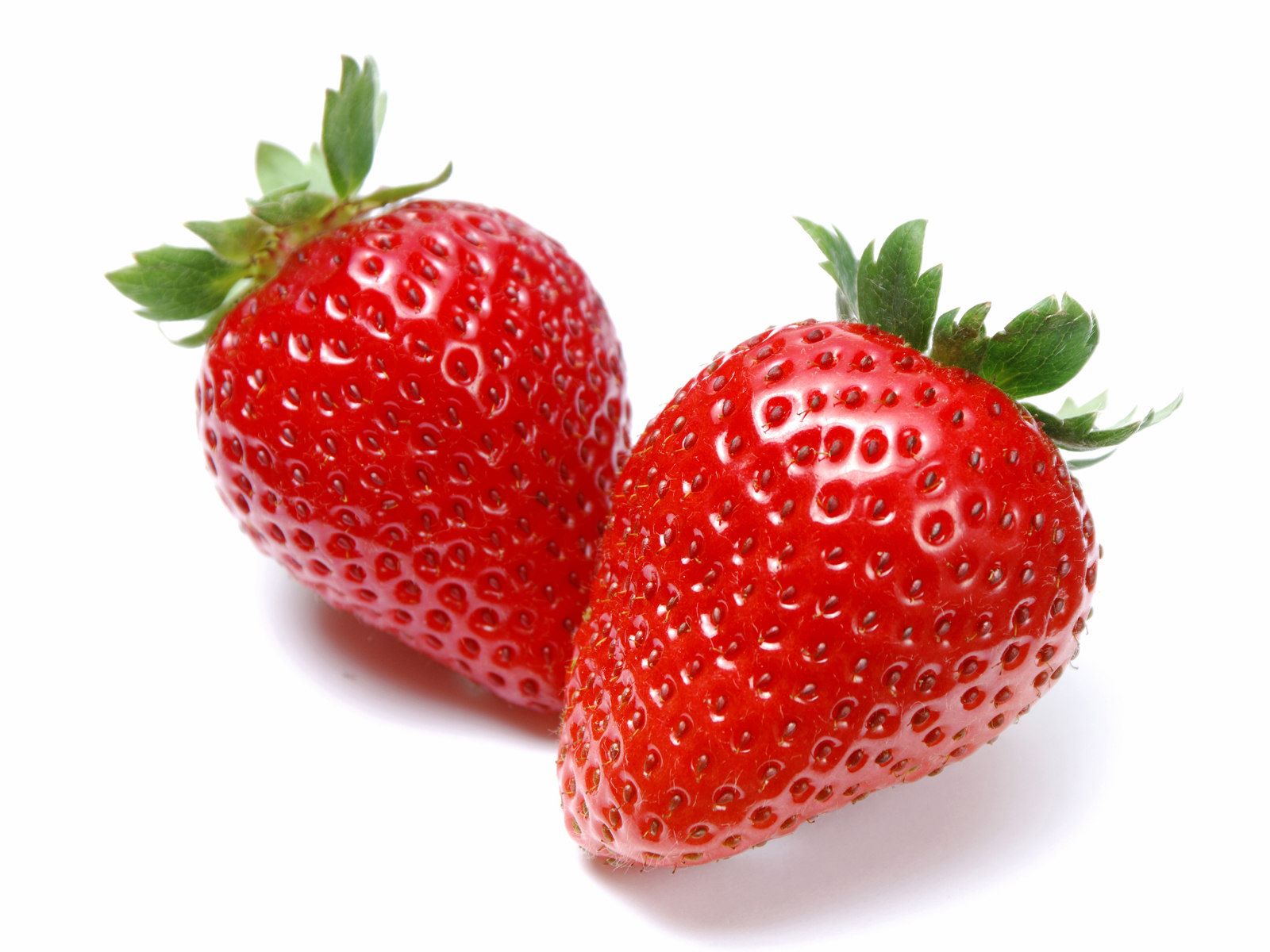
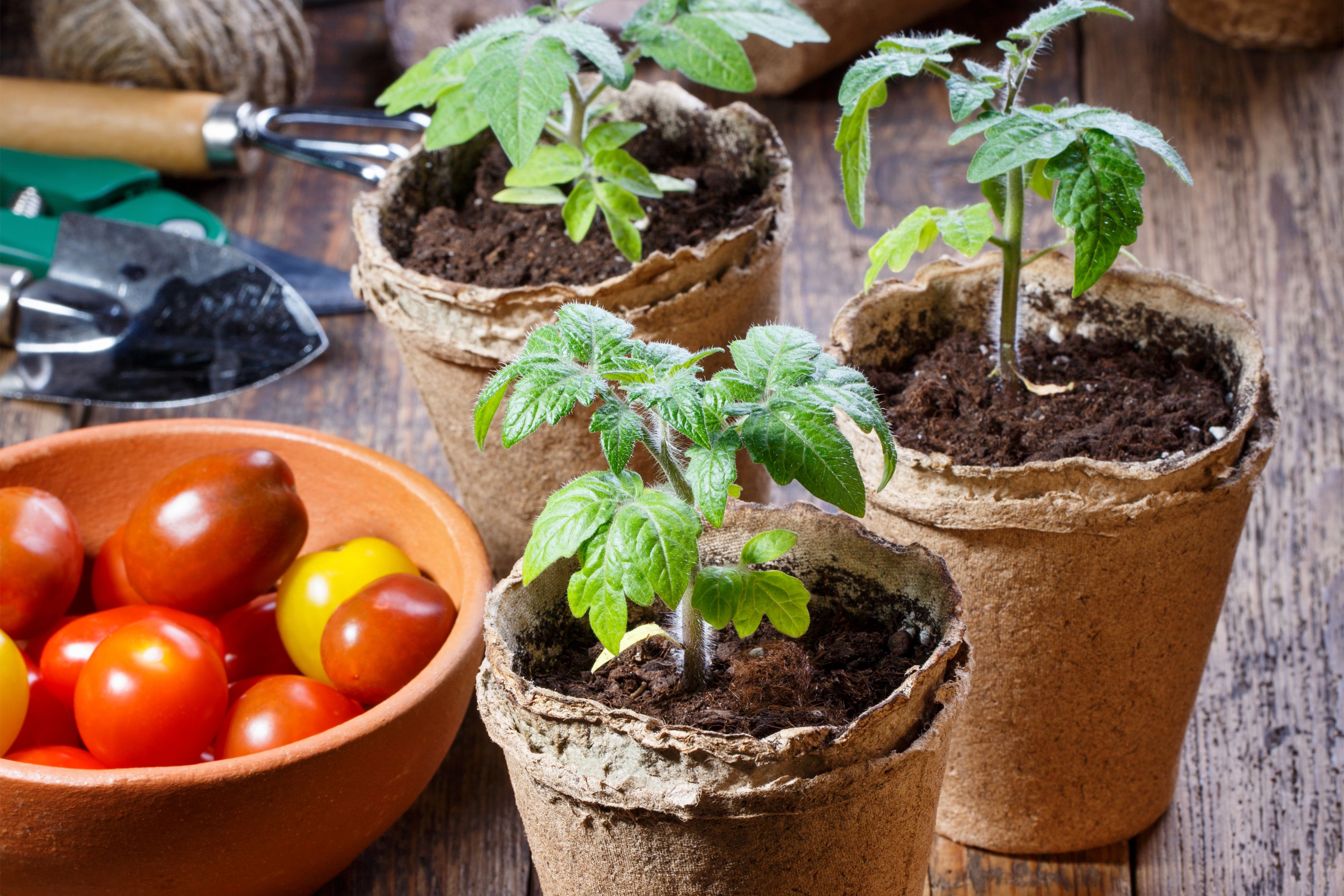
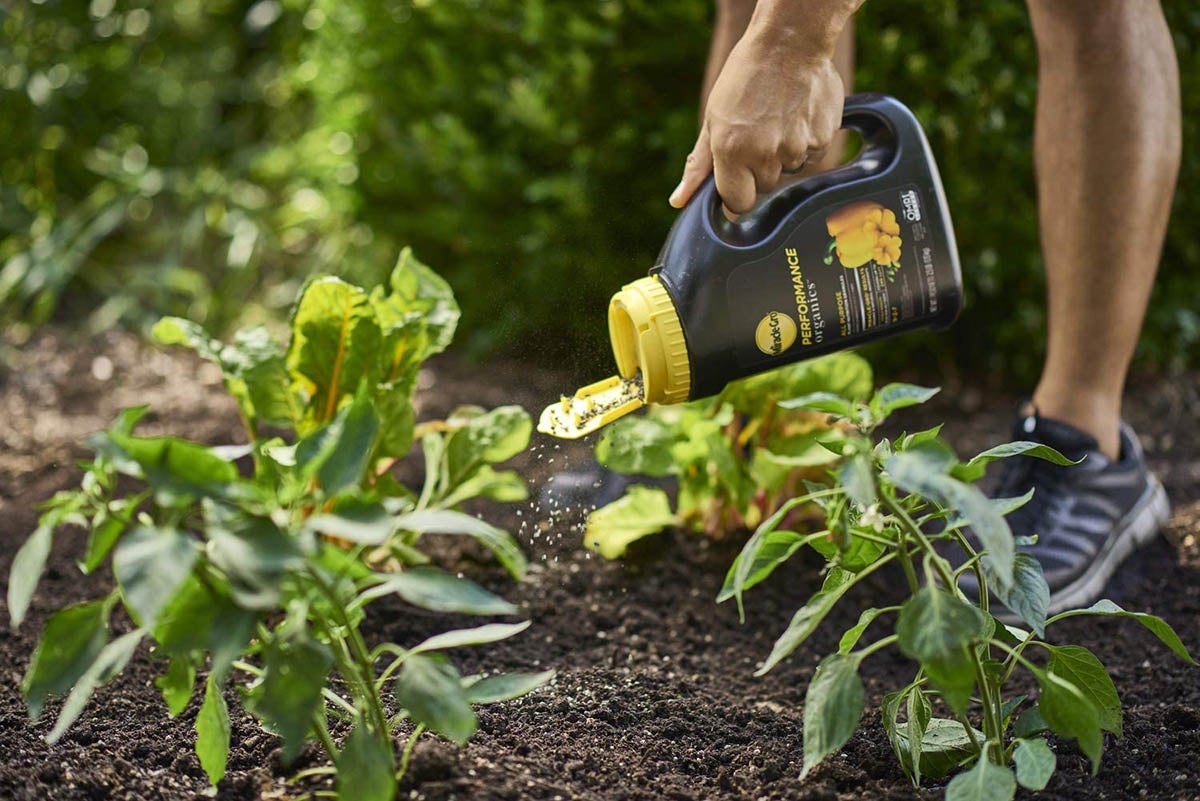
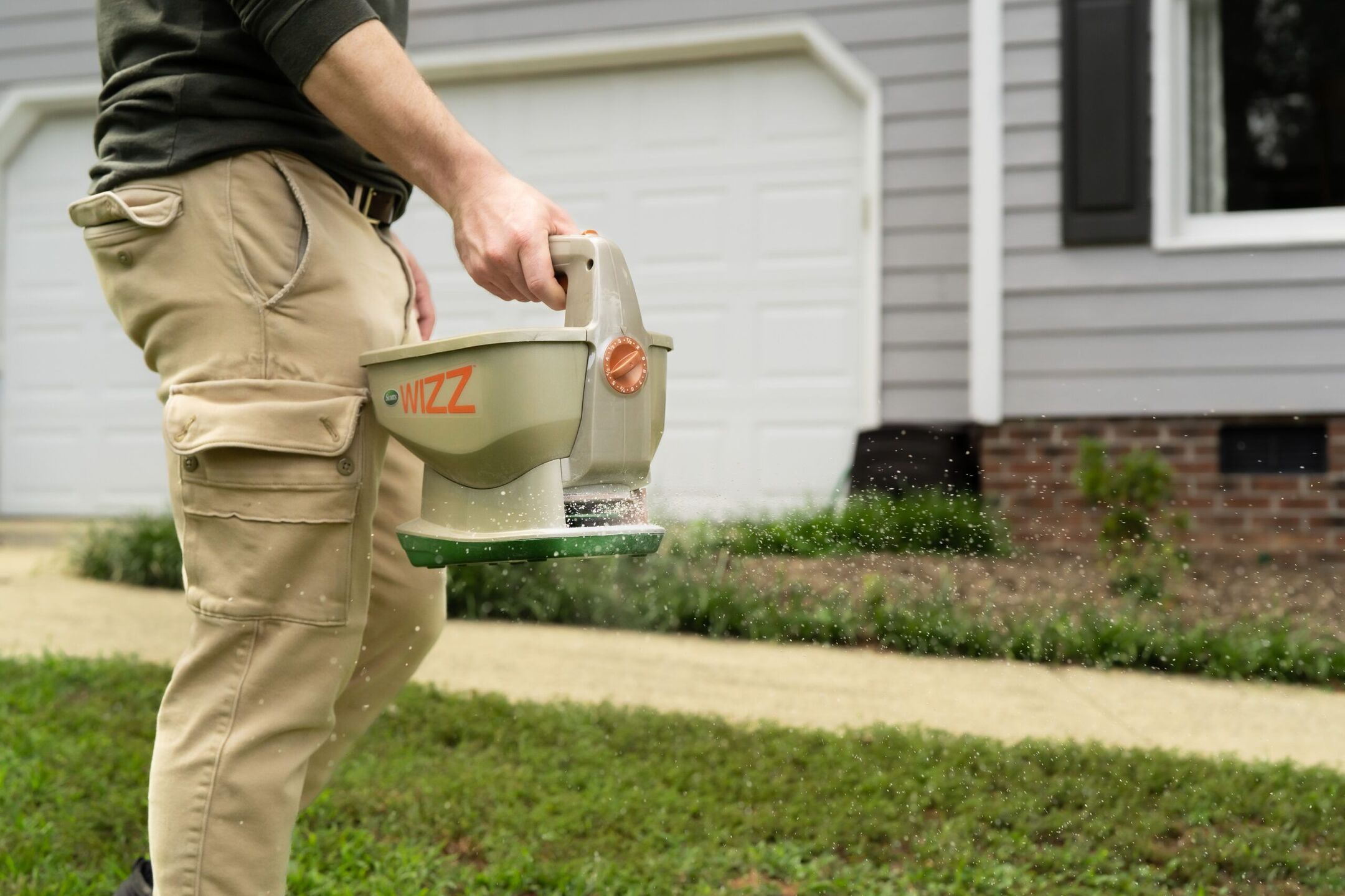

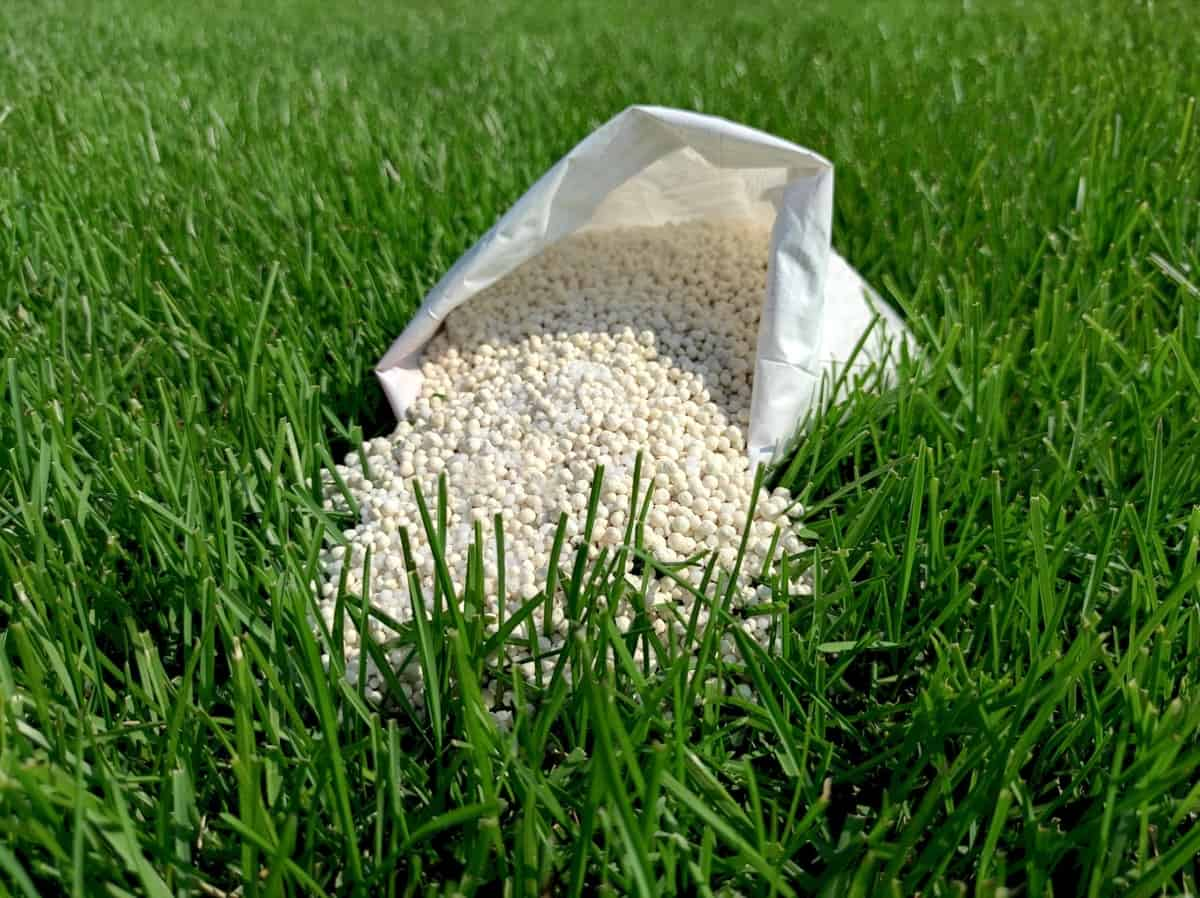
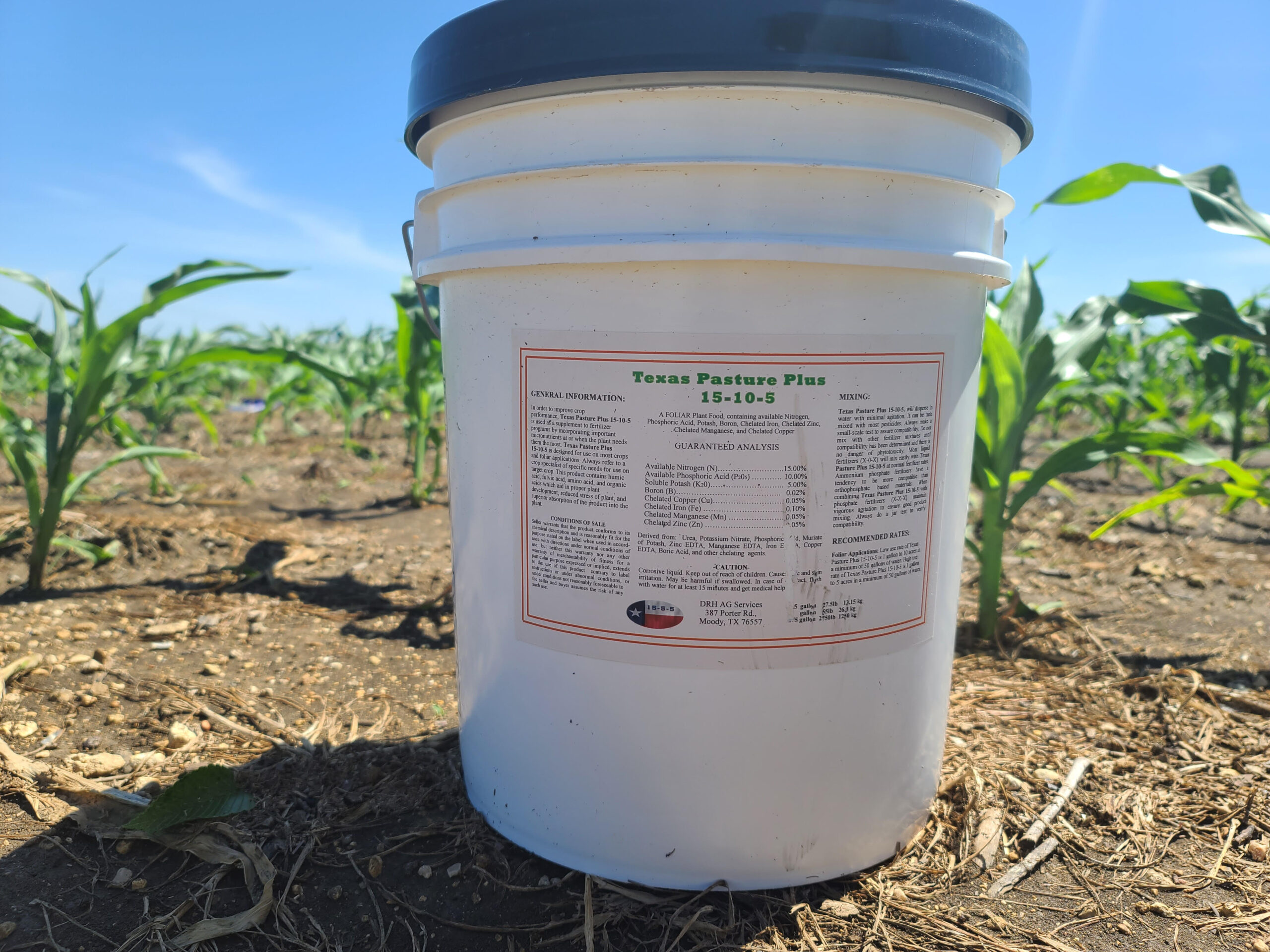
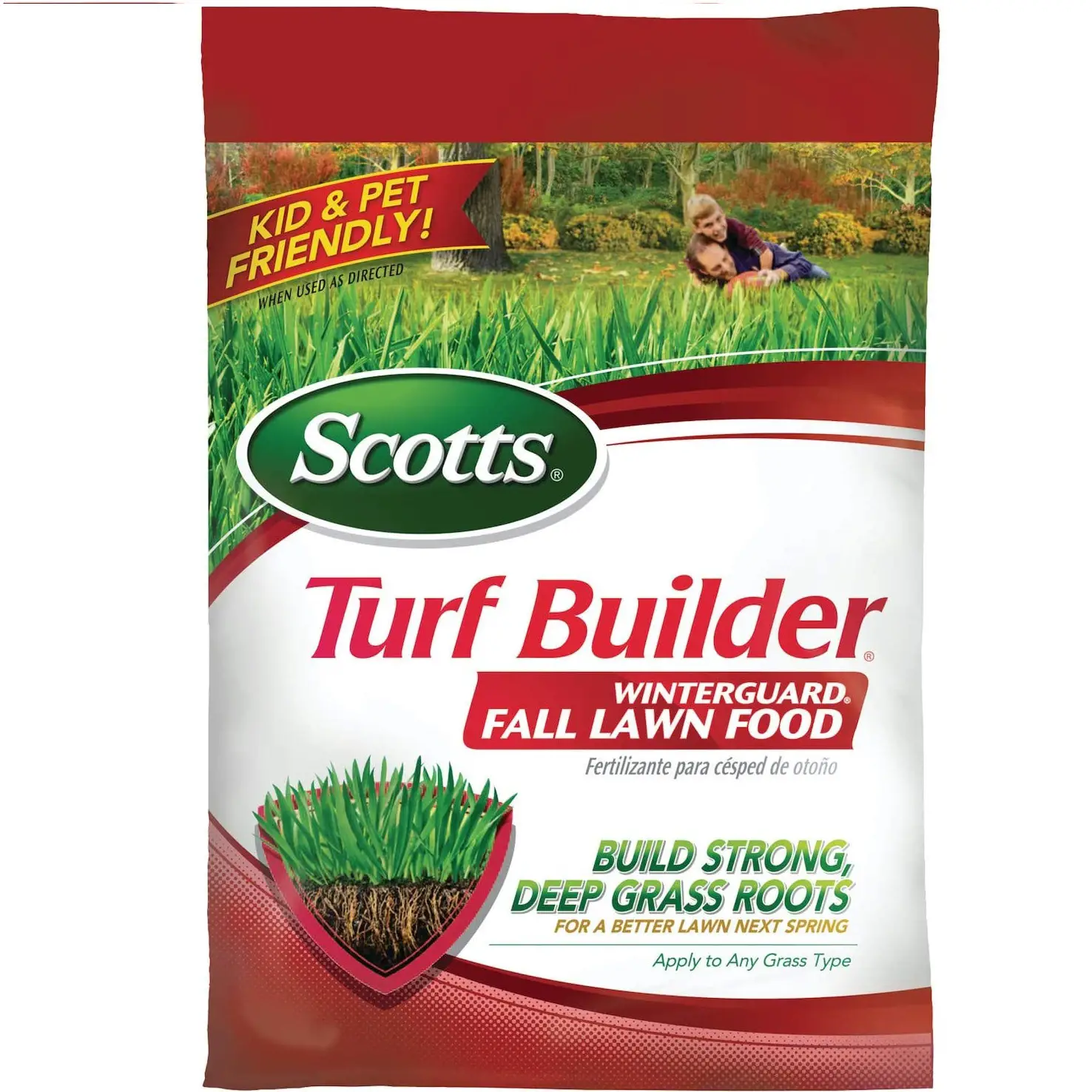
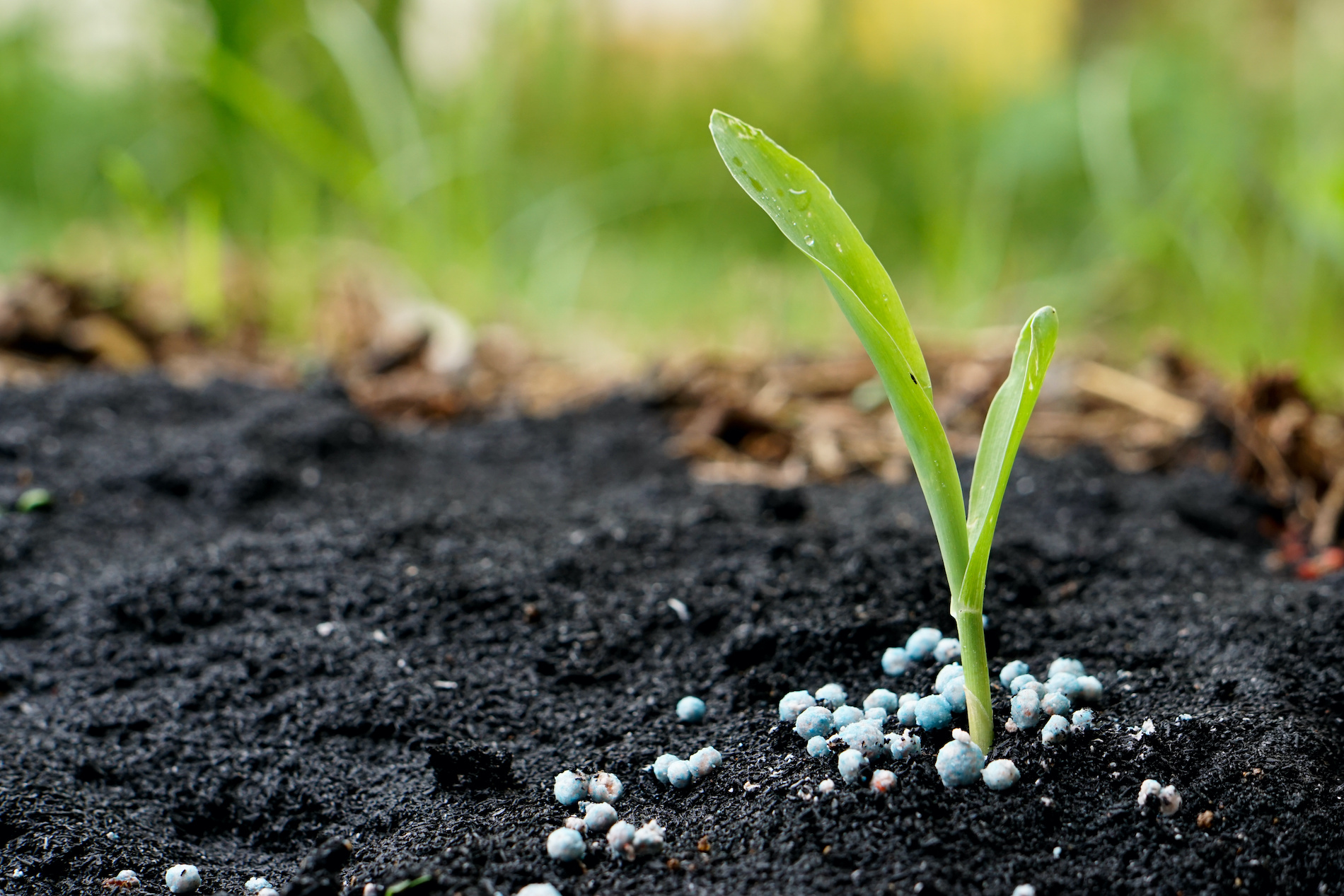
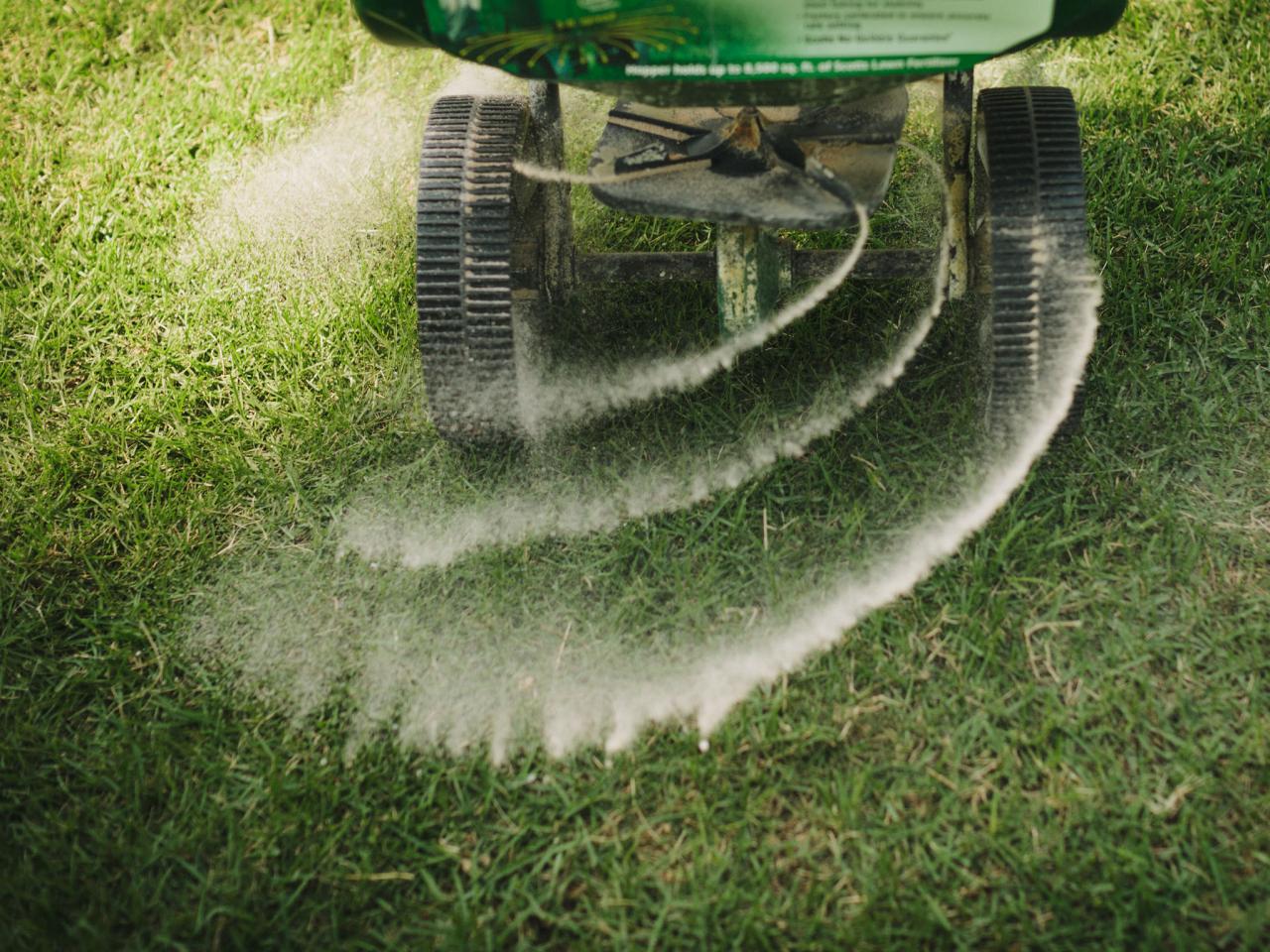
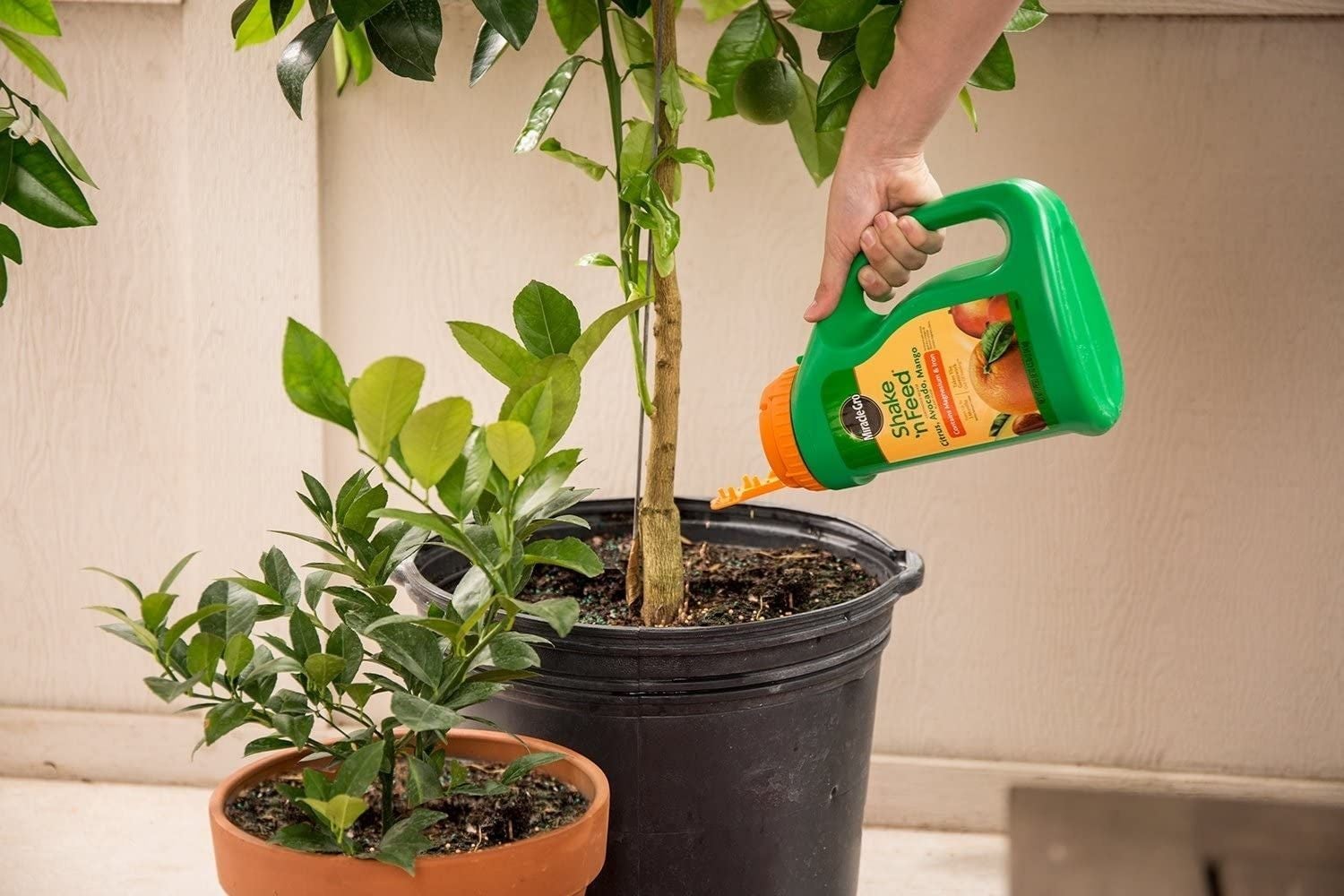
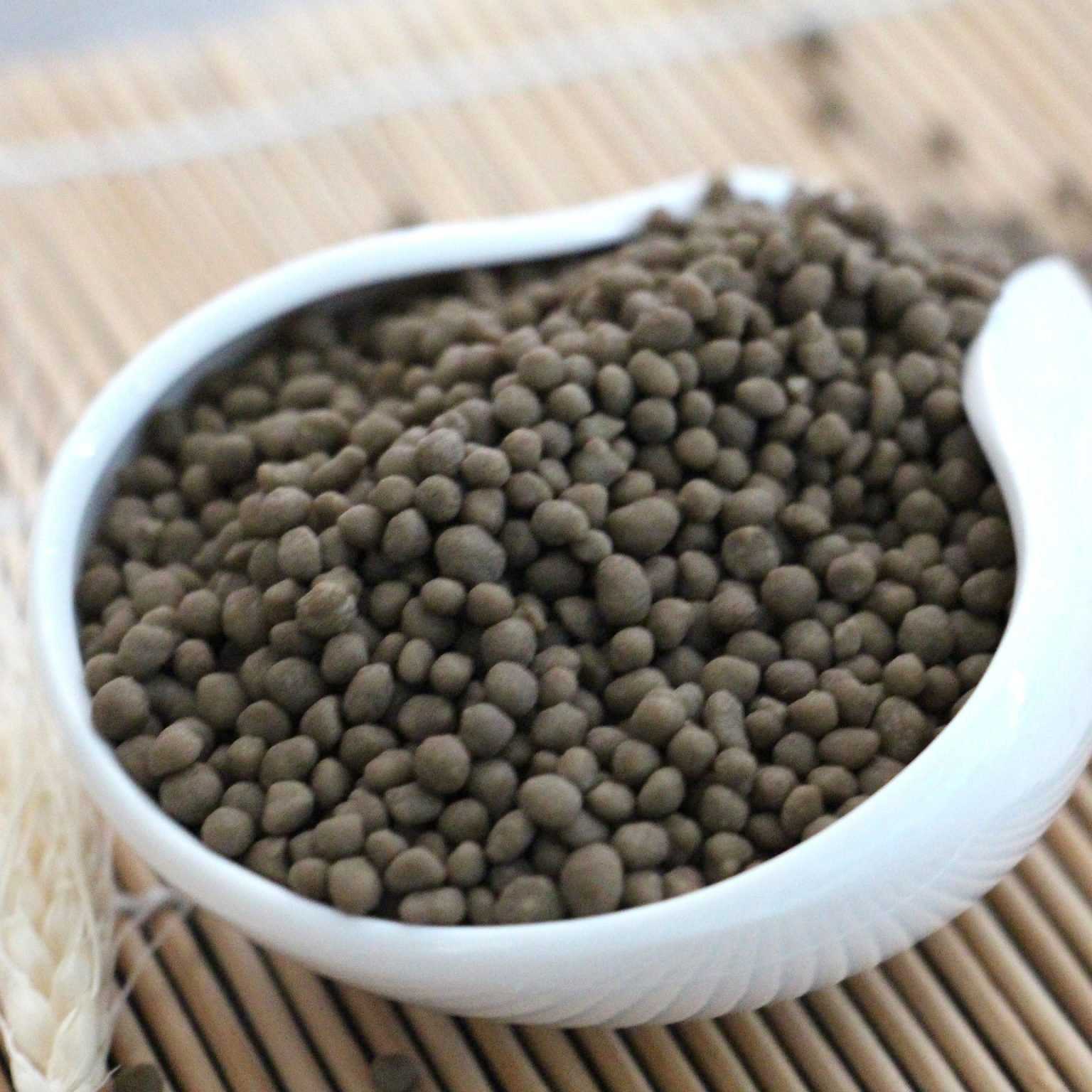
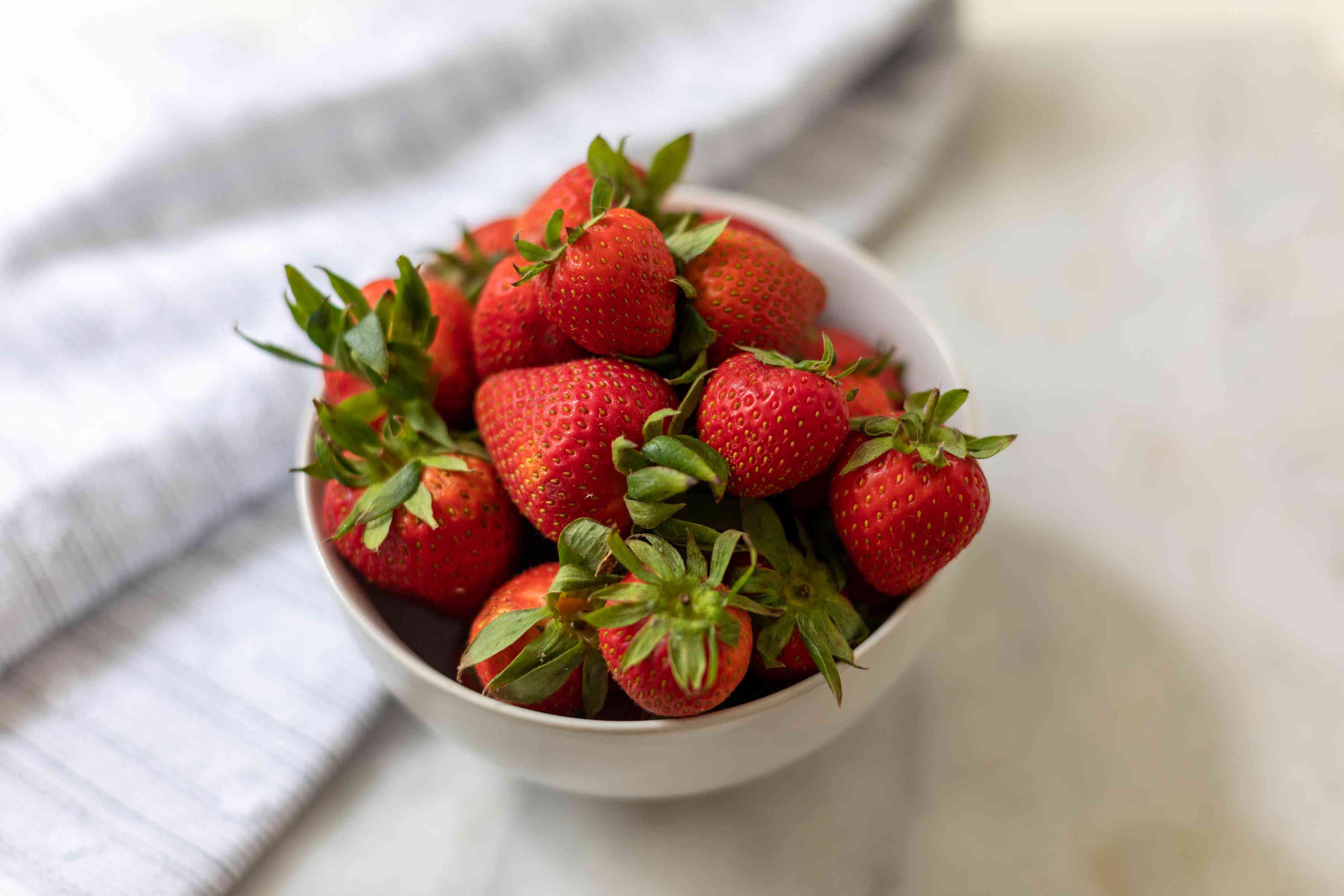
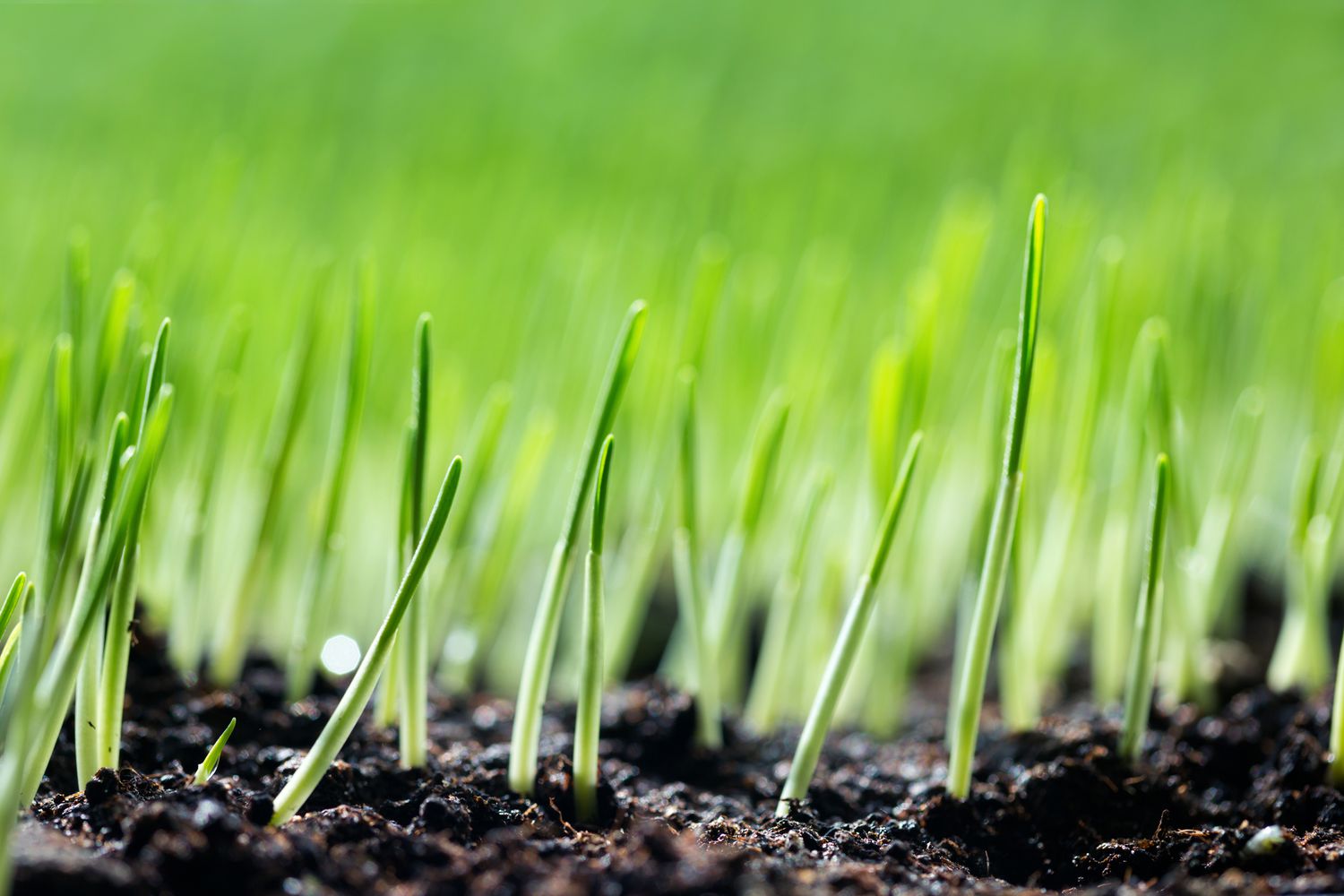

0 thoughts on “What Is The Best Fertilizer For Strawberries”